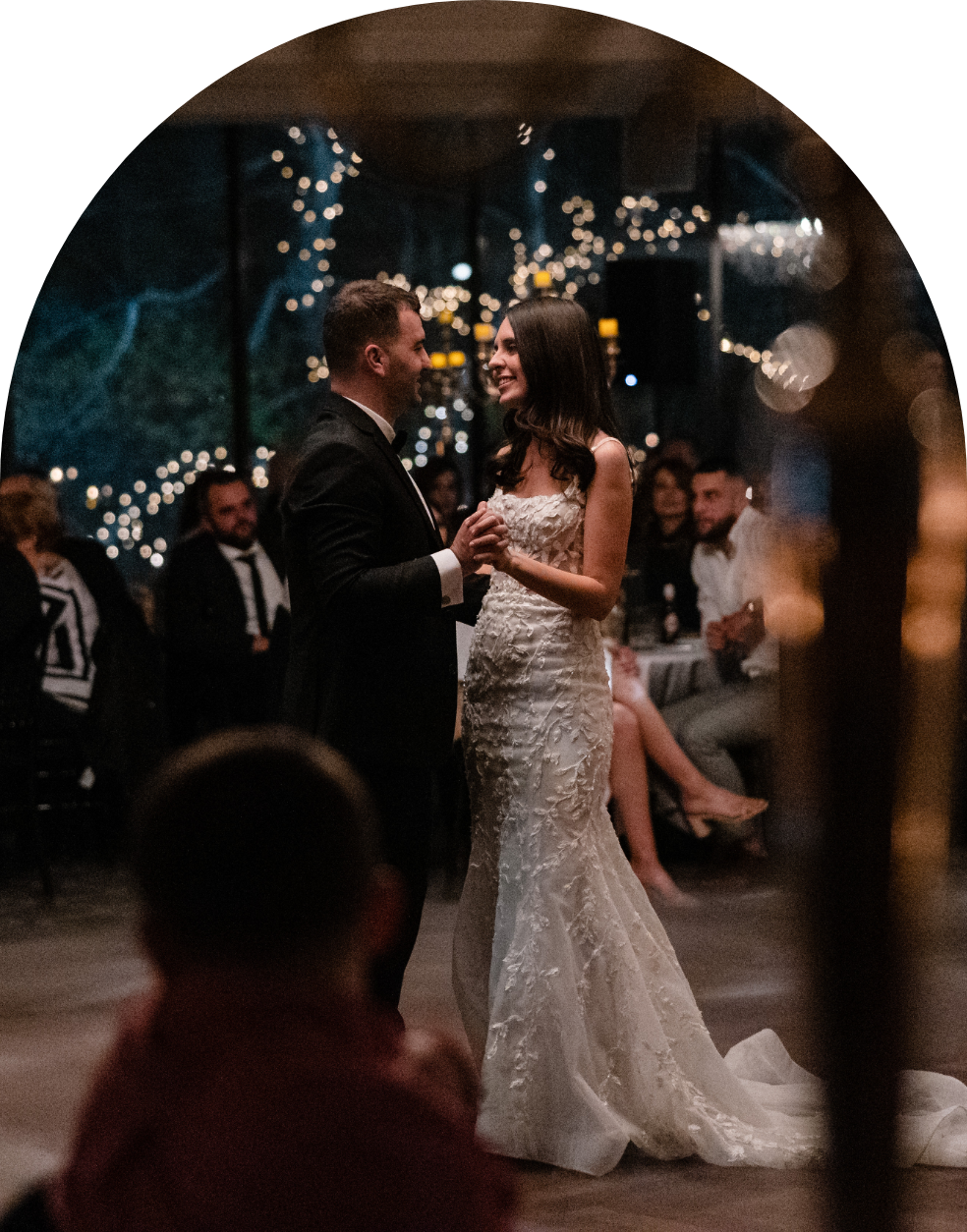
ADVICE
6 Tips The Help Wedding Vendors
Planning a wedding can feel like managing a small business. From photographers to DJs, assembling the right wedding vendor team ensures every detail of your day is executed seamlessly. Here’s how to work effectively with vendors and get the most from their expertise.
1. Lock in Your Date First
Before engaging vendors:
- Confirm your venue’s availability.
- Check key vendors' availability: officiants, photographers, musicians.
- Only negotiate rates and details after confirming their calendars.
This step helps avoid unnecessary discussions if vendors aren't free on your desired date.
2. Choose Vendors You Connect With
Selecting the right vendors is about more than just services—it’s about chemistry.
How to choose wisely:
- Browse websites & portfolios to get a feel for style.
- Read reviews from previous couples.
- Meet face-to-face or via video calls to assess rapport.
Tip: Trust your gut—look for vendors you feel comfortable with and confident in.
3. Build and Share Your Budget Early
No one has unlimited resources. Determine where you’ll:
- Invest more (e.g., live entertainment, venue decor)
- Save wisely without compromising experience
Once agreed:
- Communicate clear budget limits.
- Pay deposits promptly.
- Ask what each vendor needs from you and timeline deadlines.
4. Manage Expectations with Clear Communication
Got a specific vision?
- Bring a mood board, photos, and links.
- Share inspirations and specific requirements.
But remember: experienced vendors know what works. Avoid over-managing every detail—trust their professional expertise.
5. Provide a Run Sheet to All Vendors
A well-structured wedding day timeline helps everyone stay aligned.
Action steps:
- Request a template from your venue or planner.
- Share the finalized run sheet with all vendors.
- Collaborate with each vendor to check timing, lighting, or special requirements.
This reduces stress and minimizes last-minute surprises.
6. Encourage Vendor Collaboration
Connecting your vendors fosters teamwork. Encourage them to:
- Communicate directly with each other
- Coordinate key details like setup timing, special moments, or technical logistics
Final Thought: Trust Your Vendors' Expertise
Successful wedding vendors view clients more like friends. When trusted, they’ll often go above and beyond to make your day exceptional.
Looking for professional musicians or entertainment for your wedding? Contact Red Soda Band and let us work with your team to create a seamless, memorable experience.
RECOMMENDED READING
You may also like to read

10 Ways To Make Your Wedding Unique And Unforgettable
With so many trends and decisions to make it’s no wonder couples find planning...
READ MORE
HIRE RED SODA
FOR YOUR WEDDING MUSIC
Get an instant quote
RIGHT NOW for your
wedding music
GET A QUOTEWe come highly
recommended
Hire a toronto wedding band who gets rave reviews from brides-and-grooms-to-be.
“
I loved the music; the violinist really set the atmosphere and I was almost lost for breath as I was about to walk down the aisle. We had talked about getting emotional thinking about that particular song and that was definitely the case for me on the day.”
MISTY & WAYNE


